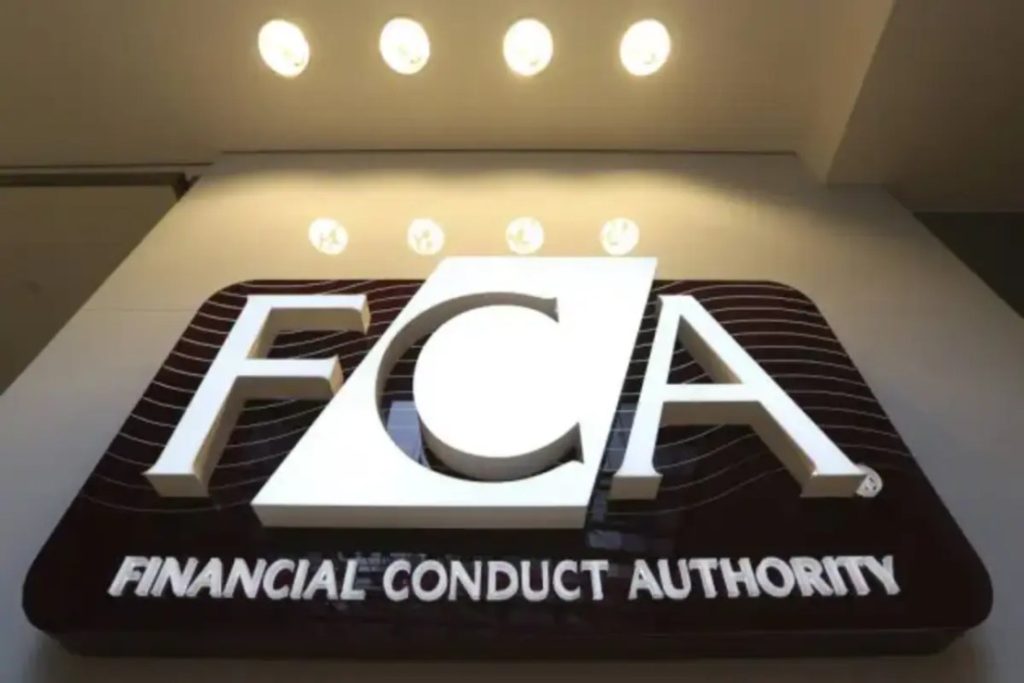FCA to launch consultation on a £9–18bn motor finance redress scheme
On the heels of last Friday’s Supreme Court ruling, the Financial Conduct Authority (FCA) has confirmed it will consult on an industry-wide redress scheme for motor finance customers. This move aims to strike a balance between compensating individuals affected by unlawful commission practices and keeping the broader vehicle finance market afloat.
Background: the Supreme Court judgment
Last week, the Supreme Court, led by Lord Justice Reed, partially upheld lenders’ appeals against the Court of Appeal’s October decision. While banks won two of the three test cases, the landmark Johnson case forced a different outcome. In that instance, FirstRand Bank paid non-disclosed commission to a dealer, which the Court deemed “unfair” under the Consumer Duty framework. As a result, Mr. Johnson is entitled to compensation.
The Court’s ruling confirmed that:
- Paying commission without informed customer consent breaches fairness requirements;
- Compensation should be available when a consumer relationship is deemed unfair, even if no discretionary commission was involved.
Why a redress scheme is needed
Industry analysts warned that, without a coordinated scheme, total compensation costs could soar to £44 billion—putting severe strain on both lenders and borrowers. The FCA’s June guidance stressed that any compensation package must preserve market integrity and avoid passing crippling costs onto consumers.
To achieve this, the FCA has identified seven key criteria for the proposed scheme:
- Comprehensiveness: Cover all eligible agreements back to 2007, matching the Financial Ombudsman Service’s complaint window.
- Fairness: Ensure each customer is treated equitably, without undue complexity or disadvantage.
- Certainty: Provide clear rules on eligibility and compensation amounts.
- Simplicity: Minimize administrative burdens on consumers and firms.
- Cost-effectiveness: Keep overall scheme costs between £9 billion and £18 billion.
- Timeliness: Launch the scheme in 2026 and begin paying compensation in 2027.
- Transparency & market integrity: Report regularly on progress and avoid unintended distortions.
Balancing competing principles
The FCA acknowledges there will be tensions between these objectives. For example, expanding eligibility increases comprehensiveness but drives up costs, while strict cost-controls can undermine fairness. The upcoming consultation, due in early October, will seek industry and consumer input to strike the right balance.
Industry reaction and potential impact
Major lenders have already set aside provisions to cover anticipated payouts: Lloyds Banking Group leads with £1.2 billion, Santander £295 million, and Barclays £90 million. Since the Court of Appeal’s original judgment, some firms have retreated from motor finance: Santander announced a spin-off of its car-loan unit, and Secure Trust Bank plans to phase out its motor book.
The FCA has signalled it will consider both “opt-in” and “opt-out” approaches for customers, and will consult on how to assess whether a particular lender-borrower relationship was unfair and how to calculate appropriate redress. It will also decide which non-discretionary commission types should fall under the scheme, in light of the Supreme Court’s findings in Johnson.
Managing market stability
Chancellor Rachel Reeves reportedly explored legal avenues to challenge the Supreme Court decision, highlighting Treasury concerns about the potential economic fallout. Lord Justice Reed deliberately announced the judgment after markets closed for the weekend to avoid “disorder”. The FCA’s swift commitment to a consultative redress scheme aims to reassure both investors and motorists that the industry can absorb the costs without shutting down vehicle finance entirely.
Next steps and timeline
The FCA intends to:
- Publish a detailed consultation paper by early October 2025;
- Finalize new rules for the redress scheme by late 2025;
- Launch the scheme in 2026, with customer compensation beginning in 2027.
As the FCA weighs stakeholder feedback, remaining firms in the motor finance sector will be monitoring developments closely, keen to avoid further market exits and protect consumer access to car loans at affordable rates.
